When we think about protecting our health, we often focus on what we eat—cutting back on fried food, avoiding excess sugar, and counting carbs. But what about what we drink? You might be sipping your way into serious kidney trouble without even realizing it.
In a world obsessed with convenience, energy, and flavor, our daily beverage choices are more dangerous than they seem. From your go-to soda to that “healthy” almond milk in your fridge, common drinks are quietly putting enormous stress on one of your body’s most vital—and underappreciated—organs: your kidneys.
Your kidneys filter roughly 50 gallons of blood a day, remove waste, balance fluids, and help regulate blood pressure. But when overloaded with chemicals, sugar, caffeine, and certain minerals, they begin to break down—slowly, silently, and often without warning. That refreshing glass of sweet tea? It could be setting you up for a kidney stone. That bottle of coconut water? It might be packing more potassium than your kidneys can handle.
This isn’t about scaring you—it’s about empowering you. Many of the drinks we’ve trusted for years carry hidden dangers that most people never hear about. And what’s worse? Even beverages labeled “natural,” “healthy,” or “plant-based” aren’t always as kidney-friendly as they claim.
In this article, we’re breaking down six everyday drinks that can quietly sabotage your kidney health over time. Some might surprise you, and a few may already be part of your daily routine. If you care about long-term wellness, it’s time to take a closer look at your cup.
Your kidneys work hard for you every day. Isn’t it time you returned the favor?
1. Soda: The Silent Kidney Killer
That fizzy cola in your fridge packs a dangerous punch to your kidneys. Regular consumption of soda has been linked to increased risk of kidney disease and kidney stones. The high phosphoric acid content disrupts calcium absorption while excessive sugar leads to inflammation.
Dark sodas are particularly harmful, with studies showing cola drinkers face a 23% higher risk of kidney function decline. The artificial caramel coloring contains compounds that may damage kidney tissue over time.
Even diet versions aren’t safe havens – artificial sweeteners have their own set of kidney risks. Limiting soda to occasional treats rather than daily habits gives your kidneys the break they desperately need.
2. Energy Drinks: Supercharged Threat to Kidney Health
Monster, Red Bull, and other energy drinks might give your day a boost, but your kidneys pay the price. These beverages contain a dangerous cocktail of caffeine, taurine, and other stimulants that force kidneys into overdrive. The high caffeine content increases blood pressure and heart rate, putting extra strain on kidney filtration systems.
One can typically contains 3-5 times the caffeine of regular coffee! The acidity levels in energy drinks can also contribute to kidney stone formation and worsen existing kidney conditions.
Many energy drink consumers report darker urine and kidney pain after heavy consumption – clear warning signs your body is struggling to process these harsh chemicals.
3. Sugary Fruit Juices: Nature’s Deceptive Kidney Stressor
Those colorful bottles of fruit juice might seem healthy, but many commercial varieties hide a kidney-damaging secret. Store-bought fruit juices often contain as much sugar as soda – sometimes up to 7 teaspoons per cup! This sugar overload forces kidneys to work harder filtering excess glucose from your bloodstream.
The lack of fiber (removed during processing) means your body absorbs the sugar faster, creating dangerous blood sugar spikes. Over time, this pattern increases your risk of developing diabetes, which is the leading cause of kidney failure in America.
Even 100% natural juices can be problematic when consumed excessively. Your kidneys process concentrated fruit sugars similarly to added sugars.
4. Almond Milk: The Surprising Kidney Burden
Almond milk has soared in popularity as a dairy alternative, but kidney patients should proceed with caution. Unlike other plant milks, almond milk naturally contains high levels of oxalates – compounds that bind with calcium to form kidney stones. Just one cup can contain nearly 80% of the recommended daily oxalate limit for kidney stone formers!
Many commercial brands add phosphate additives as stabilizers and thickeners. These phosphates must be filtered by your kidneys and can accumulate to dangerous levels in people with reduced kidney function.
The protein content in almond milk is significantly lower than dairy milk, which matters for dialysis patients who need higher protein intake. Always check with your nephrologist before making almond milk a daily habit.
5. Coconut Water: Not Always the Natural Kidney Helper
Marketed as nature’s sports drink, coconut water hides a potential kidney problem – extremely high potassium levels. A single serving contains more potassium than a banana! While healthy kidneys handle this mineral easily, anyone with reduced kidney function faces dangerous consequences.
Potassium buildup in the bloodstream can trigger irregular heartbeats and even cardiac arrest in severe cases. Kidney disease patients are specifically advised to limit potassium intake, making coconut water a risky choice.
Some brands add extra sodium and sugar to improve taste, creating additional kidney stress. If you have any kidney concerns or take medications affecting potassium levels, speak with your doctor before embracing the coconut water trend.
6. Sweetened Iced Tea: The Kidney Stone Creator
That refreshing sweet tea on hot summer days might be setting you up for excruciating kidney stones. Black tea contains high levels of oxalates that combine with calcium in urine to form painful stones. When you add sugar and consume it in large quantities, the risk skyrockets.
Southern-style sweet tea is particularly problematic. The typical recipe contains about 22 grams of sugar per serving – creating a double kidney threat of oxalates plus sugar. Research shows people who drink sweetened iced tea daily have a 33% higher risk of kidney stones.
The caffeine in tea also increases urine production, which can lead to dehydration if you’re not drinking enough water alongside it. Unsweetened herbal teas without oxalates make much kidney-friendlier alternatives.
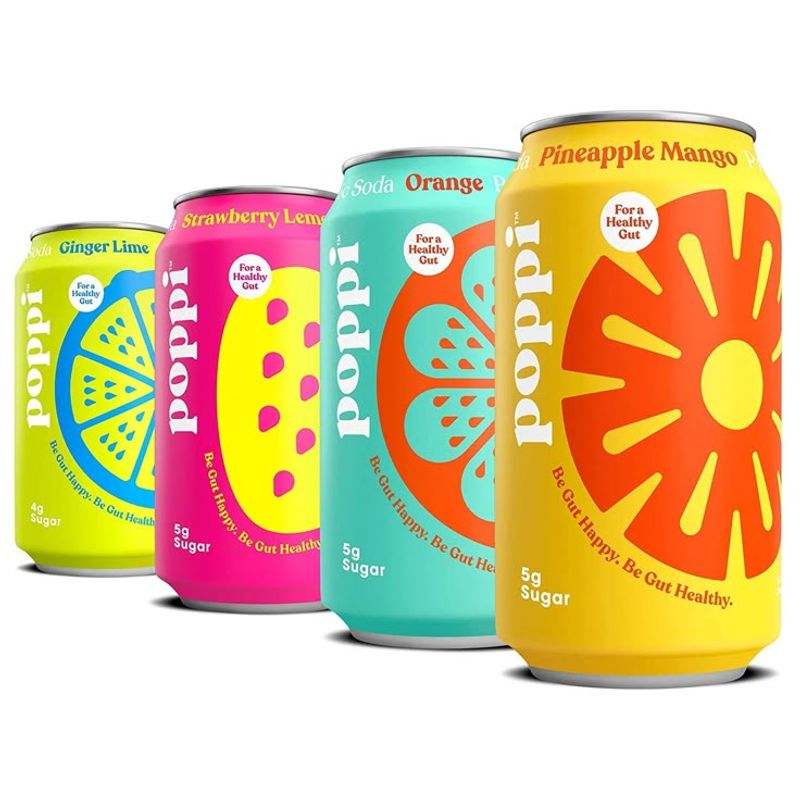
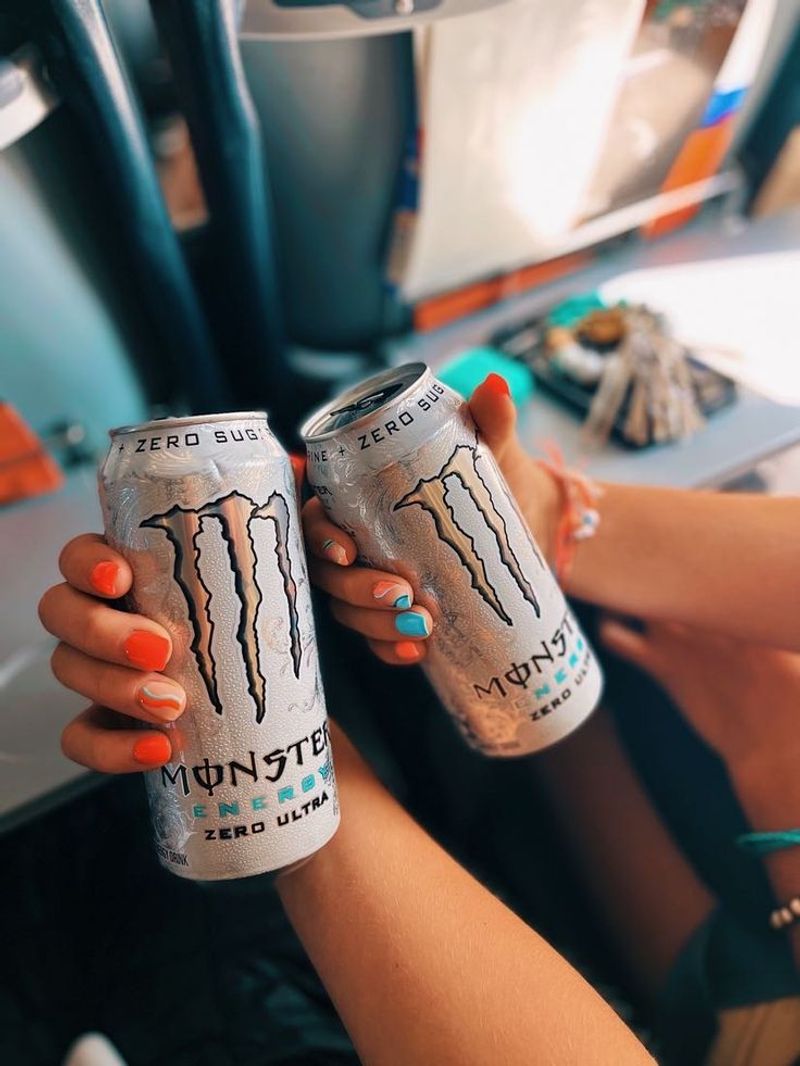
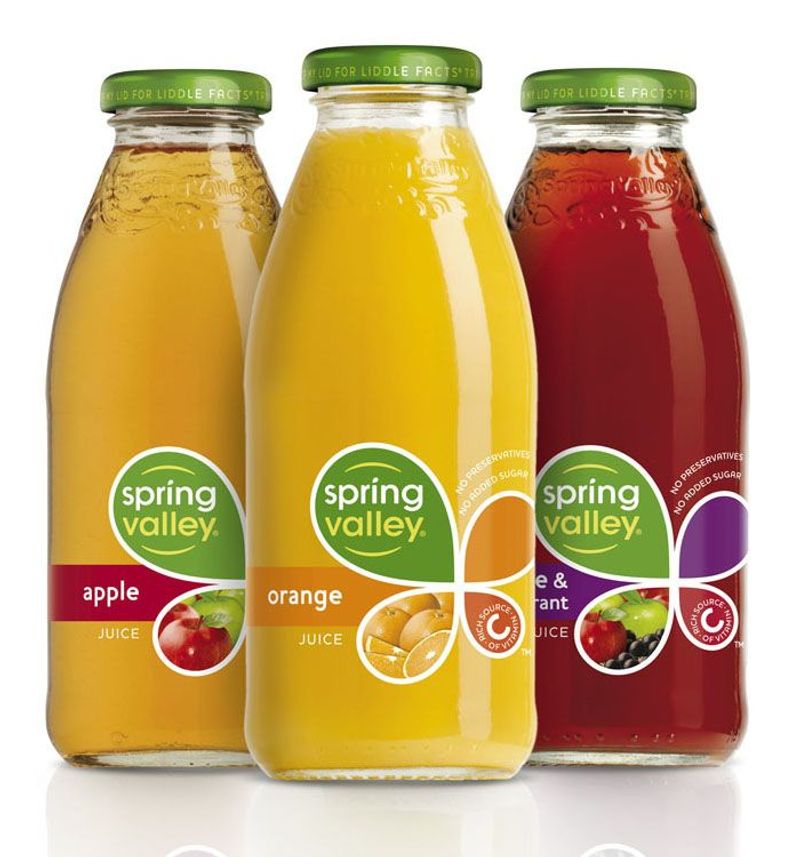
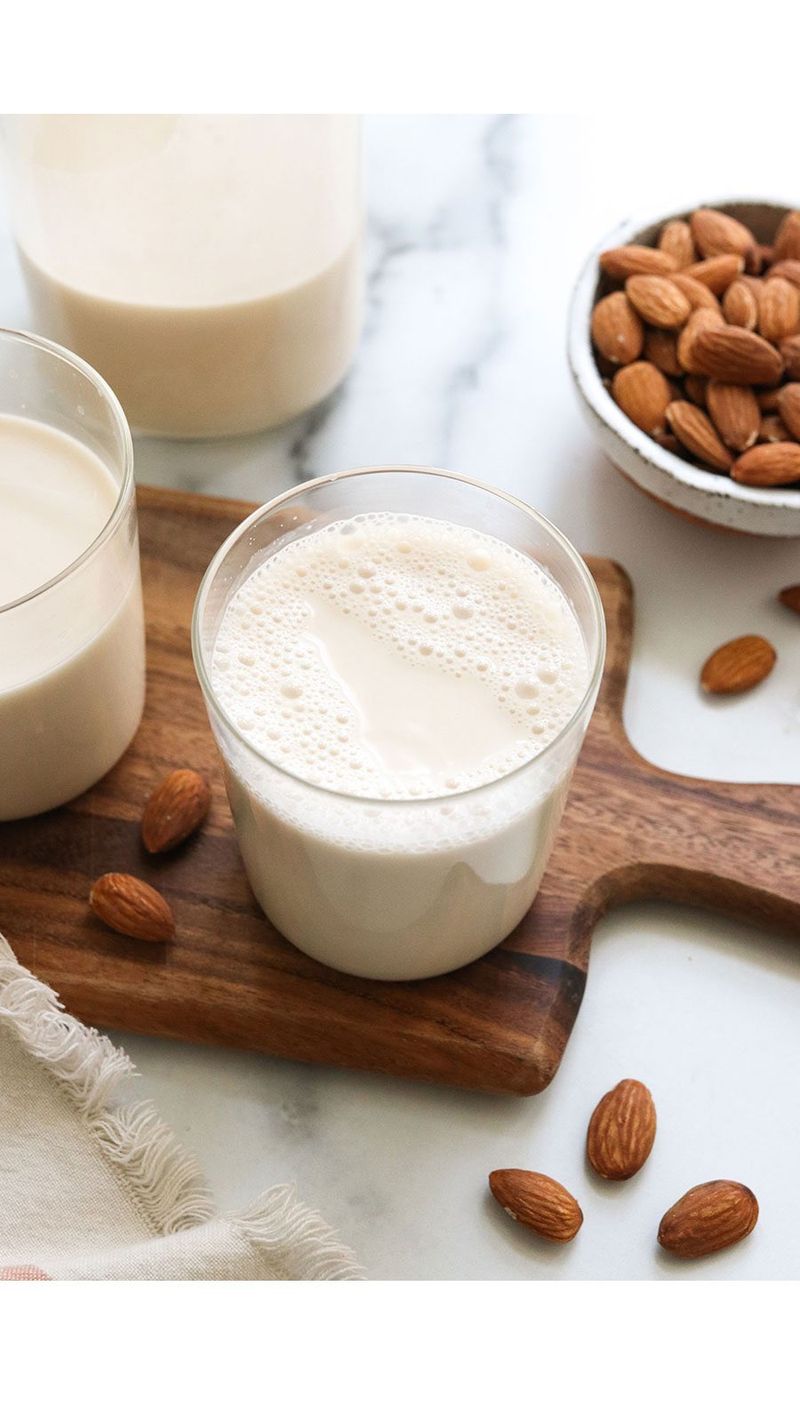
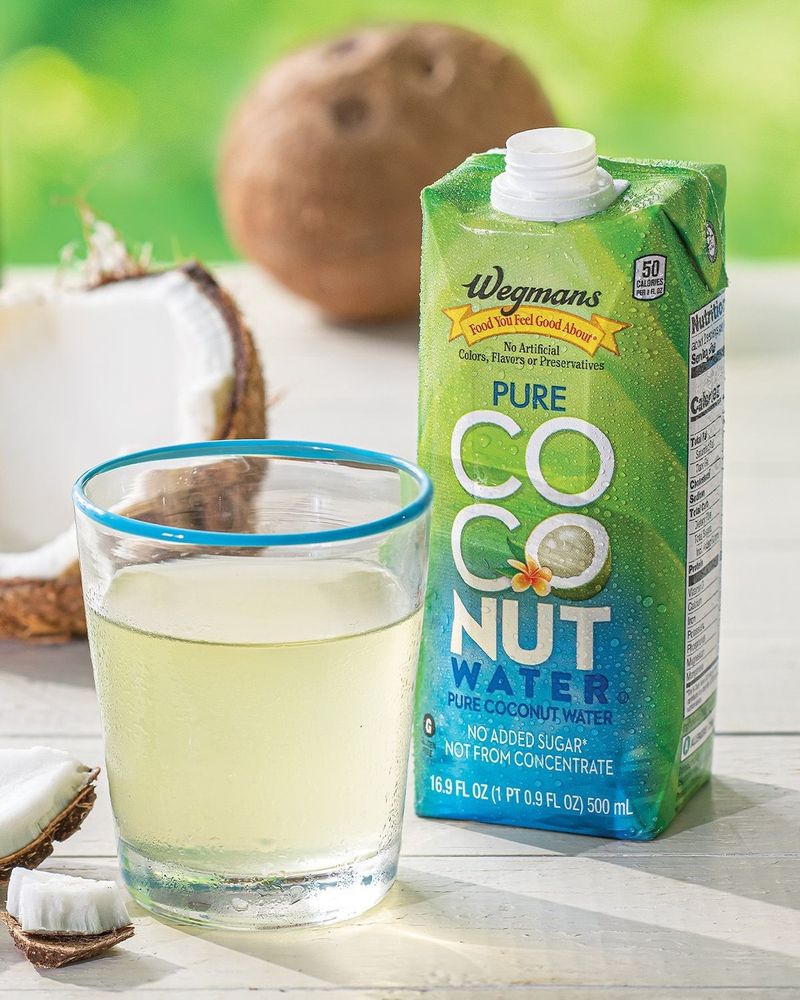
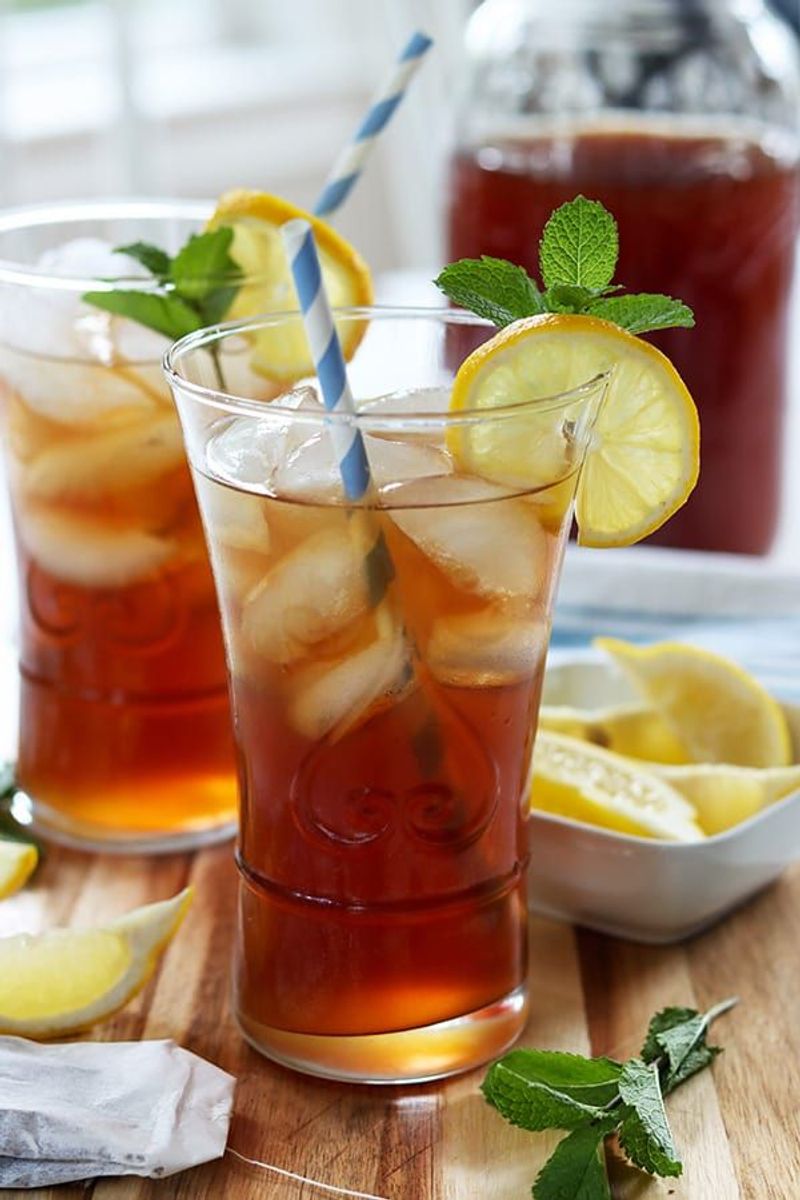
Leave a comment